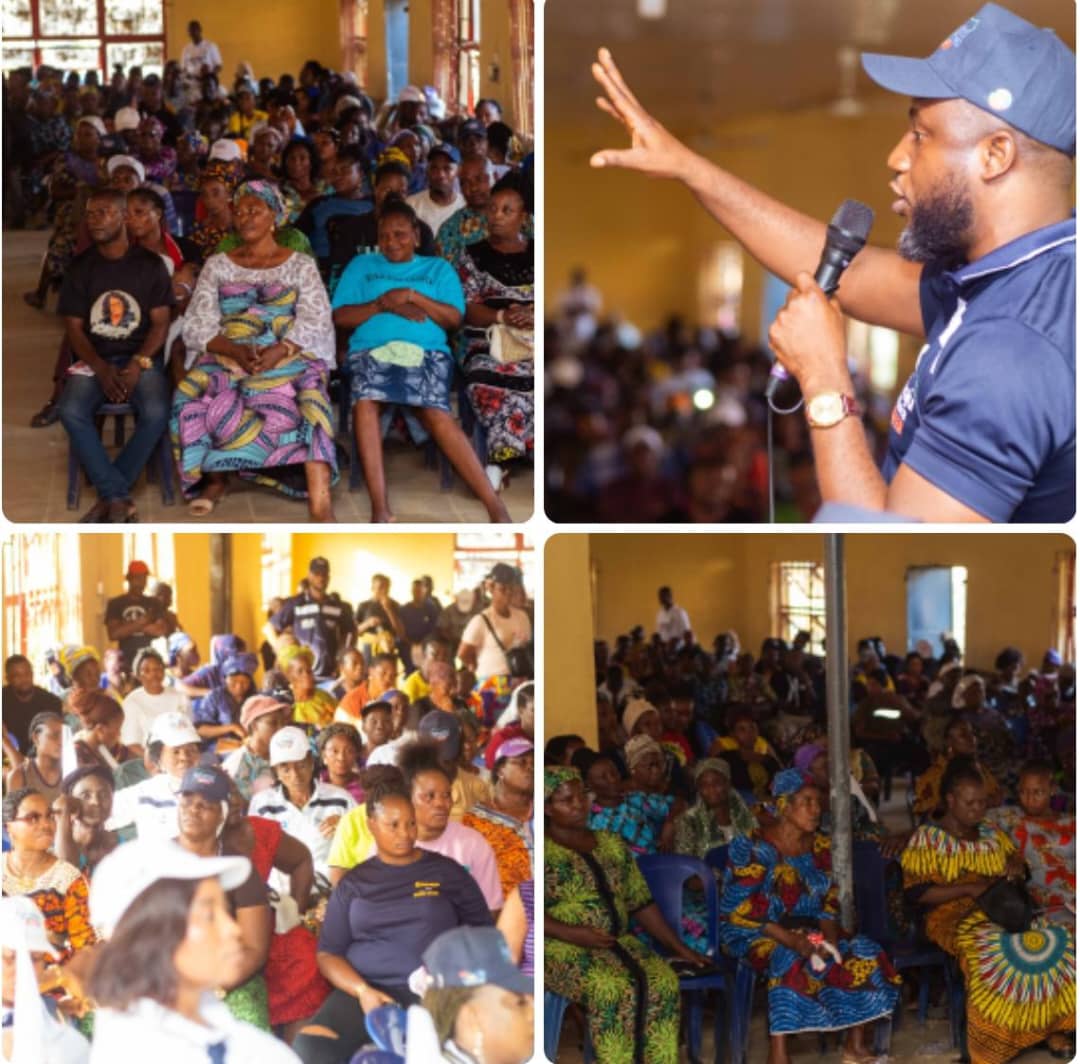
Written By: Shola Elekan,Data Analyst / Legal Policy Commentator
In recent days, public discourse has intensified around the eligibility of His Excellency, Governor Lucky Orimisan Aiyedatiwa, to contest for another term as Governor of Ondo State. While public debates are essential to a thriving democracy, they must be informed by law, logic, and sound constitutional interpretation.
At the center of the controversy lies Section 182(3) of the 1999 Constitution of the Federal Republic of Nigeria (as amended by the Fourth Alteration, Act No. 10 of 2018), which provides:
“A person who was sworn-in as Governor to complete the term for which another person was elected as Governor shall not be elected to such office for more than a single term.”
On the surface, this provision appears categorical. However, upon closer scrutiny, it becomes clear that it demands careful legal interpretation, especially when applied to complex real-life scenarios such as the succession of Governor Aiyedatiwa.
⸻
Contextual Background
Governor Aiyedatiwa was elected alongside the late Governor Rotimi Akeredolu as Deputy Governor in 2020. Following the unfortunate passing of Governor Akeredolu in December 2023, Aiyedatiwa was constitutionally elevated to the position of Governor, pursuant to Section 191(1) of the Constitution. This succession was neither elective nor based on personal ambition—it was a constitutional necessity to preserve governance stability in Ondo State.
In 2024, Aiyedatiwa contested the gubernatorial election and was elected in his own right for the first time. The question that now arises is whether he can contest again in 2029, after completing his first full elected term.
⸻
Understanding the Legal Arguments
- Definition of a Term
The Nigerian Constitution is silent on what constitutes a “term” for the purposes of Section 182(3). Unlike the U.S. Constitution’s 22nd Amendment, which clearly stipulates that a Vice President who serves less than two years of a predecessor’s term may still run for two full terms, Nigeria’s legal framework offers no threshold or time benchmark.
Thus, it is legally uncertain whether completing less than a year (as in Aiyedatiwa’s case) should count as a full term for the purpose of disqualification. Without such specificity, legal commentators must tread cautiously in claiming automatic disqualification.
- Constitutional Intent and Succession by Operation of Law
The spirit behind Section 182(3) was to prevent a person from circumventing the constitutional limit of two terms through technical or manipulated succession. It was not designed to punish or disenfranchise someone who merely completed a brief constitutional duty due to unforeseen circumstances like death or resignation.
Governor Aiyedatiwa did not scheme or lobby into power. He stepped in as constitutionally mandated. Treating such a constitutional obligation as a full term—especially when it lasted less than a year—would be not only unfair but inconsistent with democratic values.
- Judicial Silence on Section 182(3)
To date, no Nigerian court has interpreted Section 182(3) in a context identical to Governor Aiyedatiwa’s. Legal certainty on this matter remains elusive until the courts deliver a definitive ruling. Until then, opinions on disqualification remain speculative and should not be treated as established legal doctrine.
Moreover, in decisions like AG Abia v. AG Federation (2002) and Marwa v. Nyako (2012), the Supreme Court emphasized that citizens’ rights, particularly political rights, must not be taken away by vague or ambiguous provisions. Constitutional ambiguity must be interpreted in favor of inclusion, not exclusion.
- Elected vs. Succeeded Office
Section 182(3) speaks about someone “elected to such office.” Governor Aiyedatiwa has only been elected once—in 2024. His prior assumption of office in 2023 was by operation of law, not by direct electoral mandate. Thus, he has only been elected once, not twice.
This distinction is crucial. Nigeria’s constitutional democracy is rooted in the electoral franchise. If the law intended to equate succession with election, it would have used different phrasing or qualified the nature and duration of succession.
⸻
Comparative Constitutional Practice
In other jurisdictions:
• United States: Under the 22nd Amendment, a Vice President who assumes the presidency and serves less than two years can still contest two full terms.
• Ghana: Similar principles allow a vice president who succeeds a president to contest elections, provided they do not exceed the two full terms.
These examples demonstrate a logical threshold and ensure that a brief emergency tenure does not unfairly strip a leader of future electoral rights.
⸻
Why the Legislature Must Step In
Given the ambiguity surrounding Section 182(3), it is imperative for the National Assembly to provide clarification or enact an amendment setting a minimum duration threshold for what constitutes a completed term under succession.
A proposed amendment could introduce a standard similar to the U.S.—for instance:
“A person who completes less than two years of another person’s term shall not be deemed to have served a full term.”
Such clarity would prevent future political confusion and ensure constitutional stability.
⸻
Democratic Principles at Stake
At its core, this issue is not just legal—it’s democratic. Should a man who has only served one elected term, and who rose to leadership in a time of crisis, be barred forever from contesting again—while someone else who has served no prior office can contest twice?
That outcome would violate the principle of equal opportunity, popular sovereignty, and fairness—key pillars of the Nigerian constitutional order.
⸻
Conclusion: Let the Law—and the People—Decide
Governor Aiyedatiwa’s 2023 succession was a constitutional act of duty. His 2024 victory was his first elected mandate. No Nigerian court has ruled that such a combination equals two terms under Section 182(3). Until such a ruling emerges, the assumption that he is barred from contesting in 2029 is premature, and arguably unconstitutional.
Democracy thrives when the electorate—not armchair lawyers or political opponents—choose their leaders.
Let Governor Aiyedatiwa focus on delivering governance. Let the people decide his political fate in 2029, if he chooses to run. Until then, the law remains clear in its silence—and silence, in this case, should favor participation










